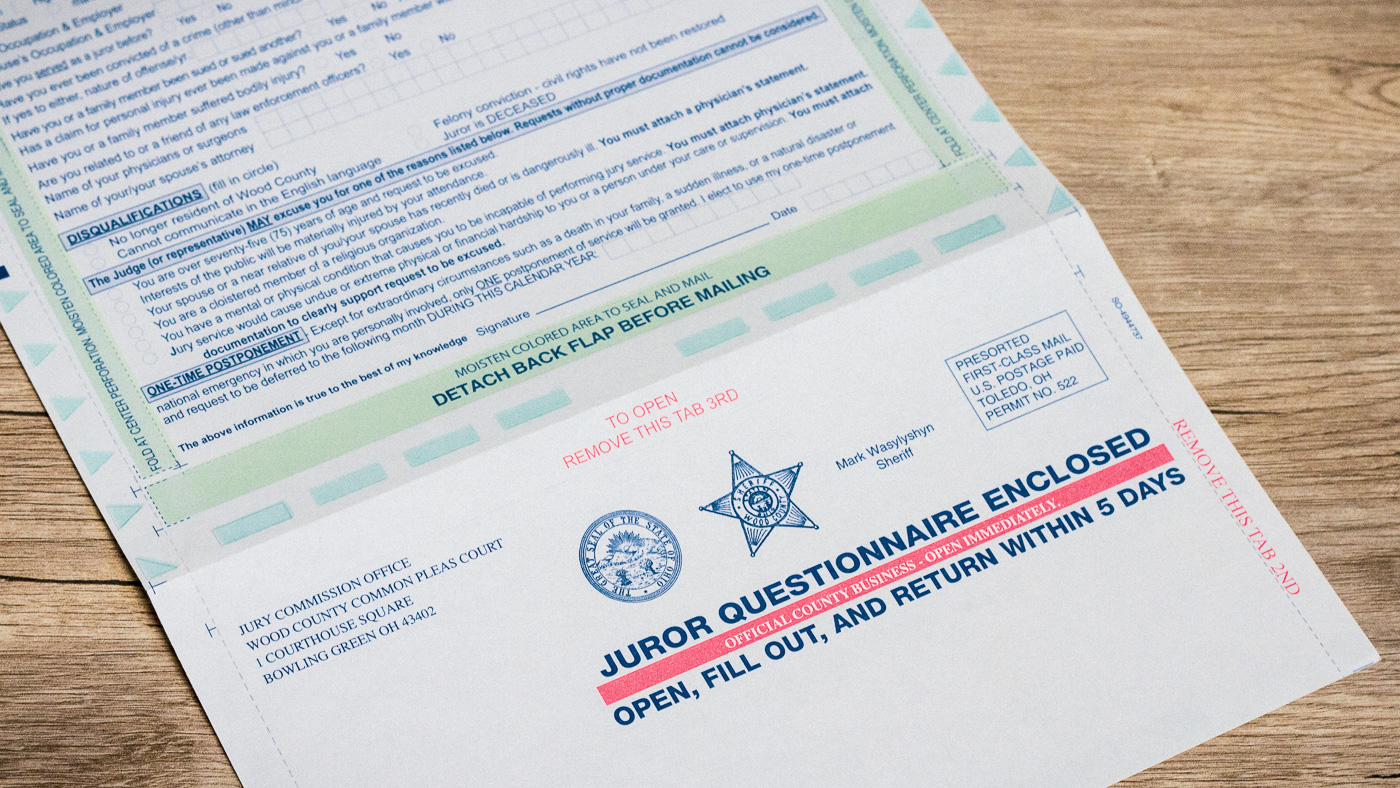HIPAA

The Health Insurance Portability and Accountability Act
Enacted in 1996, the Health Insurance Portability and Accountability Act (HIPAA) permanently transformed the way patients’ medical and personal data is handled in an enormous range of different contexts. The purpose of this sweeping law was to ensure that no matter how patient data is used by organizations and individuals, those users must protect it from being exposed to the public, potentially malicious agents, or in fact anyone not authorized to view it.
Since its passing, HIPAA has been the predominant governing influence over the ways that hospitals, clinical trial recruiters, billing departments, private medical practices, marketers, and other organizations use the data related to their patients and customers.
HIPAA Basics
While HIPAA as a whole encompasses a huge variety of activities and regulations, the purpose of HIPAA is simple: to keep patient data private while it is being used in communications between patients and healthcare providers, billing agencies, and other authorized users. This privacy necessitates strict protocols on the storage, use, and disposal of that data.
Spectra and HIPAA Compliance
As a third party provider of printing, mailing, and fulfillment services, Spectra has powerful data security measures in place on every client project. However, when working with healthcare organizations and other clients that are governed by HIPAA security rules, there are even more precautions that our teams must take. In our decades of experience working with clinical trial recruitment, hospital billing, and other healthcare related activities, we have maintained compliance with HIPAA privacy regulations and earned a reputation for reliability in this area.
Some of the most important components of our HIPAA compliance measures involve the storage of patient data while it is in our possession. In order to prevent physical documents containing HIPAA protected information from falling into the wrong hands, only certain Spectra employees have access to them and they are destroyed at the conclusion of the project. For digital databases and mailing lists, storage on non-networked computers ensures that the information does not make its way onto the internet, either by deliberate hacking or by accidental exposure.
Spectra’s representatives are more than happy to explain more about our robust data security measures to potential clients in the healthcare field.
Mailing in Compliance With HIPAA
There are many challenges involved in mailing documents containing data that is protected under HIPAA. Data security protocols help keep data private while it is on site at Spectra, but once a document is mailed, the information inside should not be revealed until the piece of mail reaches its intended recipient. Pressure seal mailing is one example of a technique that is affordable for the client, yet very effective at keeping information out of sight until the document is opened by the authorized recipient. The Spectra team assesses each mail campaign for HIPAA compliance and recommends the best practices for each client.
Accuracy Matters
A breach of HIPAA requirements is not only the result of a malicious action, such as hacking or identity theft. HIPAA data security requirements also prohibit the accidental exposure of protected patient information to unauthorized individuals–even if those individuals never access or use the information in an improper way. One common example of this is a piece of mail containing patient information arriving at the wrong address. Accuracy in mailing lists and address labeling is critical, and at Spectra we conduct numerous quality checks on each campaign to make sure that each piece is destined for the correct address.
End to End HIPAA Adherence
Longtime clients of Spectra know that they can trust our organization with their patients’ data. In project after project we have demonstrated our deep knowledge of HIPAA data security protocol, the technical ability to receive, store, and dispose of patient information securely, and a commitment to quality and accuracy when processing even the largest direct mail campaigns.
With SOC 2 type II certification and a long history of maintaining a very high level of data security across all different types of client projects, the Spectra team has set itself apart as an ideal partner for organizations that need to reach individuals with billing, insurance updates, health related messages, and other correspondence that should not be visible to the general public.







